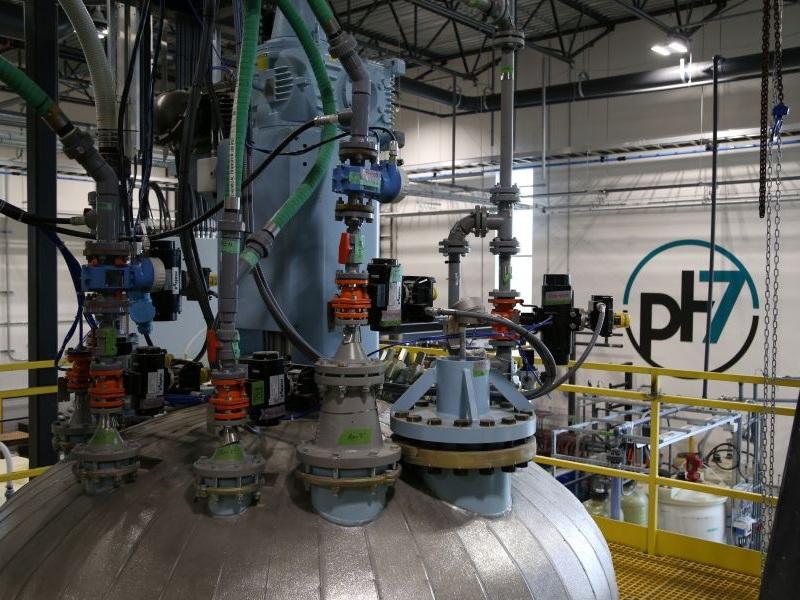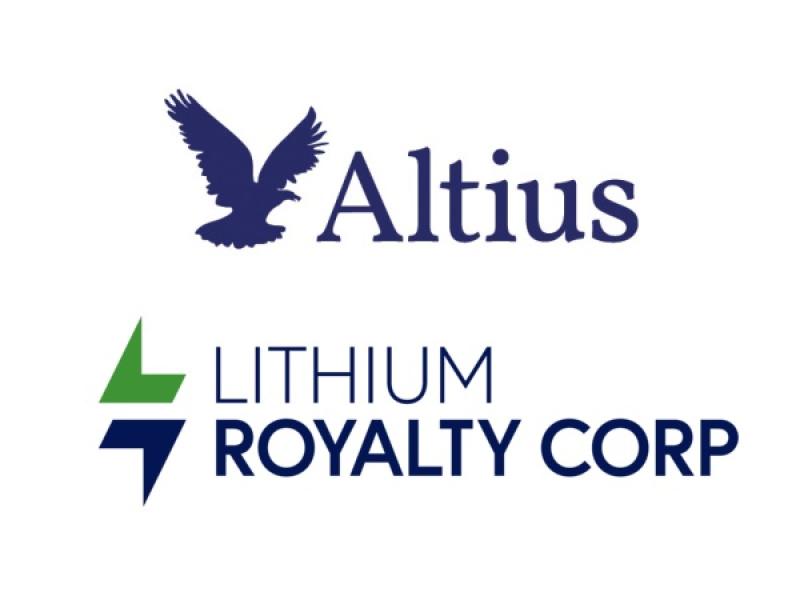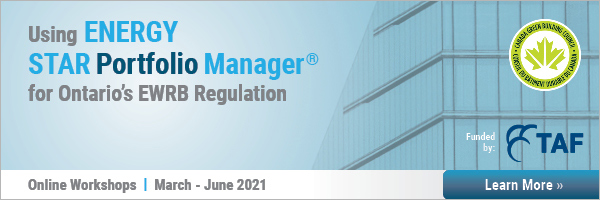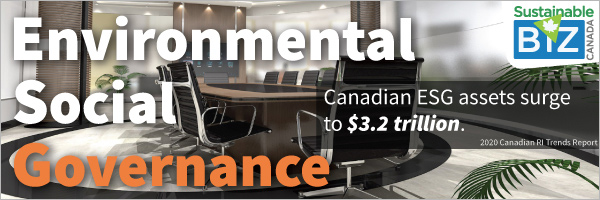Recent Articles
B.C. benchmarking program adds over 700 buildings
B.C. benchmarking program adds over 700 buildings
With the City of Vancouver set to mandate building energy use and emissions benchmarks by 2025, many owners and managers in the province are getting a head start on the process thanks to a public-private partnership known as Building Benchmark BC.
ICC increases energy efficiency in new framework
The International Code Council (ICC) has released a new framework to assist governments and building industry stakeholders in meeting energy efficiency and greenhouse gas reduction goals. The base 2021 IECC efficiency requirements are just 10% away from net-zero for residential buildings.
Energy-efficient buildings workforce for a net-zero future
ECO Canada has released a new report titled “Assessment of occupational and skills needs and gaps for the energy-efficient buildings workforce” as Canada works toward net-zero emissions by 2050 and establishing a “building-as-a-system” mindset is fundamental to achieving this goal.
Aspen’s remarkable waste methane to energy project
• Environmental Leader • Sustainable Brands
By converting waste methane into energy, Aspen Skiing Company’s clean energy production facility in a former coal mine in Somerset, Colo., is generating between $100,000 and $150,000 in revenue per month from electricity and carbon credit sales.
Ottawa releases draft for a carbon offset system
• Canada Newswire • Canada Newswire
Ottawa has introduced draft regulations to establish the Federal Greenhouse Gas Offset System to reduce carbon emissions and create jobs. It is a market-based approach that will spur innovation and private-sector investment in economic activities.
Alberta asks $30B from feds for carbon capture projects
• Globe and Mail • Financial Post
Alberta is asking Ottawa to commit to $30 billion in spending or tax incentives over the next decade to spur the building of large-scale industrial carbon capture projects that would force CO2 emissions underground and keep them out of the atmosphere.
Pembina’s Linda Coady joins Net-Zero Advisory Board
Pembina Institute executive director Linda Coady has been selected to join the federal Net-Zero Advisory Body which is tasked with identifying actions to create a strong foundation for achieving net-zero emissions while enabling a strong, resilient economic recovery post-pandemic.
25 women shaping climate action in 2021
• GreenBiz
Given the devastating economic toll, the pandemic has had on women and girls, the imperative to mark International Women’s Day carries more weight than usual this year. Celebrating the accomplishments of the female gender in the U.S. reaches back to 1909.
Gordie Howe Int’l Bridge project wins ESG award
The Gordie Howe International Bridge and the Windsor-Detroit Bridge Authority, the public-private partnership behind ongoing construction of the new Detroit River border crossing, were awarded the Environmental, Social and Governance Performance of the Year award by the P3 Bulletin.
Fiera Capital, ESG and portfolio management
According to the Global Sustainable Investment Review of 2018, the global market for sustainable investing increased 25% between 2016 and 2018. Several non-financial rating agencies, including MSCI and Sustainalytics, have emerged to respond to the demand for the quantifying environmental, social and governance factors.
The evolving environment for ESG reporting in Canada
• Corporate Secretary • Corporate Secretary
ESG considerations are playing an increasingly important role across Canadian companies’ functions. ESG disclosure – whether mandatory or voluntary – by Canadian public companies is becoming a norm demanded by institutional investors in Canada and around the world.
U.S. climate bill includes billions for microgrids
The U.S. CLEAN Future Act authorizes $565 billion in spending to cut greenhouse gas emissions to net zero by 2050, with an interim target of reducing carbon pollution by 50% from 2005 levels by the end of this decade.
An open letter to America’s CEOs: Ceres
• Ceres
The need for private-sector leadership to address climate change has never been greater. With a new (U.S.) administration in place, there is the opportunity to enact public policy that puts the U.S. on a path to achieve net-zero emissions by 2050.
Jennifer Granholm, new U.S. Secretary of Energy and jobs
• GreenBiz
Last week, former Michigan Governor Jennifer Granholm was named U.S. Secretary of Energy. She is expected to support clean energy, from grid investment to clean energy deployment, and has an understanding of clean energy as a potential job creator.
Poor ESG transparency for Dow Jones companies: Study
Results of a new Global ESG Monitor study showed 19 of 30 U.S. companies in the Dow Jones Industrial Average were in the bottom 50 per cent of 140 companies analyzed worldwide for their reporting of non-financial progress on Environmental, Social, and Governance goals.
SEC task force to tackle ‘ESG-related misconduct’
• Responsible Investor • SEC media release
One of the world’s most powerful regulators, the US Securities and Exchange Commission (SEC), has announced the formation of a Climate and ESG Task Force to identify what it calls “ESG-related misconduct.”
Canada’s missing the boat on mining — and the future
Mining built Canada, undergirds the economy, employs more Indigenous workers than any other sector, and pays the highest wages in the country. Canada is a centre of excellence in mining, which is why the world’s biggest mining gathering is here.
Coal mining in Alberta: Where do we go from here?
The start date of March 29 for public consultations on a “modern coal policy” for Alberta is set. Does coal have a future in Alberta where 100,000 people from all backgrounds have signed petitions opposing new mines in the Rockies?
TransAlta joins journey to carbon neutrality
Not long ago TransAlta Corp. (TA-T) was among the largest emitters of greenhouse gases in Canada, largely because of its fleet of coal-fired power plants. Last week, the Calgary-based company announced its intention to be carbon neutral by 2050.
Oil company sanctioned by Alberta Energy Regulator
• CTV • Calgary Herald • Globe and Mail
The Alberta Energy Regulator (AER) has suspended a Calgary-based junior oil producer after determining it was not complying with end-of-life obligations. SanLing Energy Ltd. which holds licences for 2,266 wells, 227 facilities, and 2,170 pipelines, was suspended last week by the AER.
 Industry Events
Industry Events
-
ECO IMPACT 2026
Feb 19 2026
to Feb 20 2026
The Westin Calgary
-
BuildGreen Atlantic
Apr 27 2026
to Apr 28 2026
Halifax, NS
-
The Evergreen Conference
May 06 2026
to May 07 2026
Toronto, ON
-
Building Lasting Change
Jun 17 2026
to Jun 19 2026
Montréal, QC
-
Retrofit Canada Conference
Jun 24 2026
to Jun 25 2026
Halifax Convention Center











